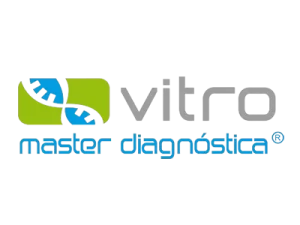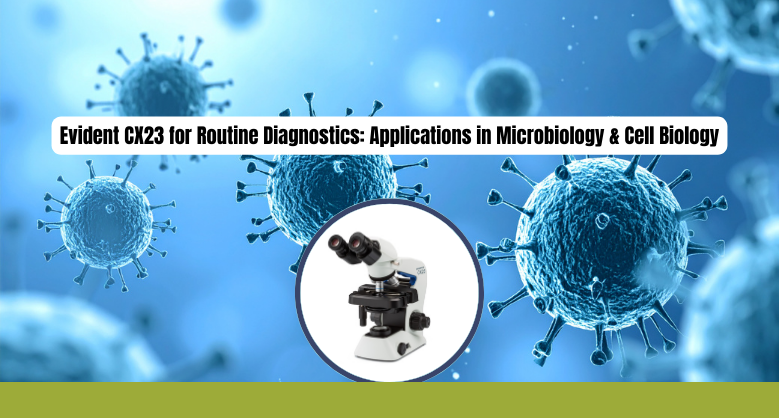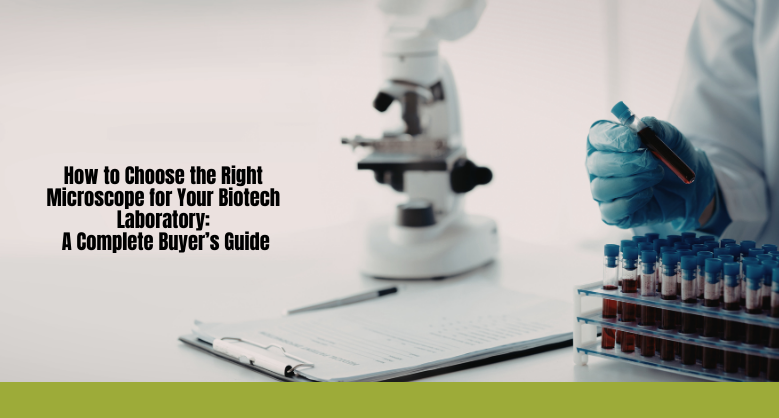DSS: Redefining Biotechnology & Life Science in India
- About Us
- Products & Services
PRODUCTS & SERVICES
- Applications & Specialities
All Applications & Specialities
- Brands
- Contact Us
-

-
 0
0
- ☰
- About Us
- Products & Services
-
Kits Reagents & Consumables
- Cytogenetics
- Dyes
- Fluorescence In Situ Hybridization (FISH)
- High-Performance Liquid Chromatography (HPLC)
- Histology
- Immuno Histo Chemistry (IHC)
- IVF Consumables
- Molecular Pathology & Diagnostics
- Multiplex Ligation-Dependent Probe Amplification (MLPA)
- Nucleic Acid Extraction
- PharmDx
- Real Time PCR
- Special Stains
- Instruments
- Software
- Accessories
- Advanced Material
- Therapies
-
Kits Reagents & Consumables
- Applications & Specialities
- Brands
- Brand - Life Sciences
- 3i
- ABBERIOR INSTRUMENTS
- Abbott Molecular
- ADS Biotec
- APPLIED SPECTRAL IMAGING
- BioAir Tecnilabo
- DAKO (AGILENT)
- Eden Tech
- Elveflow
- ENTROGEN
- EUROCLONE
- EVIDENT
- Genea
- Hamamatsu Photonics
- Invivoscribe
- MASTER DIAGNOSTICA
- MBF BIOSCIENCE
- MBST
- Medical Tek Co. Ltd
- MILESTONE MED SRL
- Molecular Machines & Industries
- MRC HOLLAND
- NeoDx
- Onward Assist
- Profound
- SCIENTIFICA
- SpaceGen
- Seqlo
- µCyte
- Brand - Industrial
- Brand - Life Sciences
- News & Events
- Career
- Contact Us
- Testimonial
- Blogs
- R&D
- CSR
- Press Release

Impact of Pollution on fertility
BY Kapil Goyal 11th January 2022
Pollution is a serious threat to human health. It’s linked to an increased risk of cancer, cardiovascular disease, and respiratory problems. For example, air pollutants may serve as endocrine disruptors, enhance oxidative stress, and cause genotoxicity.
In addition, new studies by researchers published in recent years suggest that air pollution may harm reproductive health. We come into contact with a variety of chemicals in our modern lives through the goods we use, the food we consume, and the air we breathe. Endocrine-disrupting chemicals (EDCs) are a type of chemical that has been shown in studies to have harmful impacts on female and male reproductive health.
What are endocrine-disrupting chemicals?
EDCs are compounds found in the environment, such as air, soil, water, food, and manufactured goods. They can disrupt the body’s regular functioning, including women’s and men’s reproductive systems. Some EDCs are found in foods. More worrying is the presence of about 800 synthetic EDCs in daily items such as food containers, plastics, personal care products, and food products. We are all exposed to EDCs because of their many and varied sources, albeit the extent of your exposure varies based on your profession, lifestyle choices, and geography.
What exactly do EDCs do?
By mimicking or inhibiting male and female sex hormones, they can have harmful impacts on male and female reproductive health. Changes in hormone levels, decreased sperm and egg quality, DNA damage in sperm, longer menstrual cycles, a longer time to get pregnant, a higher risk of miscarriage, and earlier menopause can all result from this.
According to studies, EDCs are found in 95% of people examined, and infertile people have greater levels of several EDCs. Higher levels of some EDCs, for example, reduce the chances of getting pregnant in couples who use assisted reproductive technology (ART).
To get an overview of ART equipment, click here, ESCO Medical.
Types of EDC & their sources:
| Chemicals | Source |
|---|---|
| Bisphenols (BPA/BPS/BPF) | It’s often used in plastic items, container linings, and sales receipts printed on glossy paper. |
| Phthalates | Toys, footwear, food packaging, medical plastic tubing, and personal care products all contain this additive, which increases the flexibility and durability of plastics. |
| Parabens | ‘s found in food, cosmetics, and personal care items as a preservative and in antibacterial products. |
| Persistent Organic Pollutants (POPs) | It’s present in flame retardants in furniture and is used in electrical equipment and industrial lubricants, as well as byproducts of industrial activities such as metal and paper manufacture, wood incineration, and heating polymers. |
| Pesticides, herbicides, and insecticides | Insecticides are sprayed on many food products and crops. |
| Heavy metals (e.g. aluminium, arsenic, cadmium, chromium, lead, mercury) | Smoking, air pollution, dental fillings, contaminated food and drink, and contact with fuel, industrial, and domestic goods are all sources of exposure. |
How to reduce exposure
While we can’t completely prevent being exposed to EDCs, we can take some basic actions to minimize our exposure:
- Fruits and vegetables should be thoroughly washed.
- Eating fewer processed, canned, and prepackaged foods reduces your intake of BPA, phthalates, and plasticizers.
- Limit your consumption of fatty fish (salmon, tuna, sardines) and fatty meats.
- Avoid handling sales receipts or keeping them in your wallets.
- Avoid deodorants, smoke, harsh chemicals, heavily scented products, plastic smells, and fumes.
- Avoid using pesticides and herbicides in the garden, at work, or at home.
Latest Articles
World Cancer Day (4 February): Together, We Can Beat Cancer
BY DSS Imagetech Pvt Ltd February 4, 2026
Standing Together Against Cancer Cancer continues to affect millions of lives worldwide, touching not only patients but also families, caregivers, and entire communities. Despite the continued immense burden of cancer,...
Read MoreThe Unsung Hero of the Bench: Why the Evident CX23...
BY DSS Imagetech Pvt Ltd January 19, 2026
You know that feeling when you walk into a laboratory first thing in the morning? The hum of the refrigerator, the smell of ethanol and agar, the quiet potential of...
Read MoreHow to Choose the Right Microscope for Your Biotech Laboratory:...
BY DSS Imagetech Pvt Ltd January 19, 2026
Let’s be honest for a second: walking into a lab that’s just been outfitted with brand-new equipment is one of the best feelings in the world. The clean benchtops, the...
Read More






























